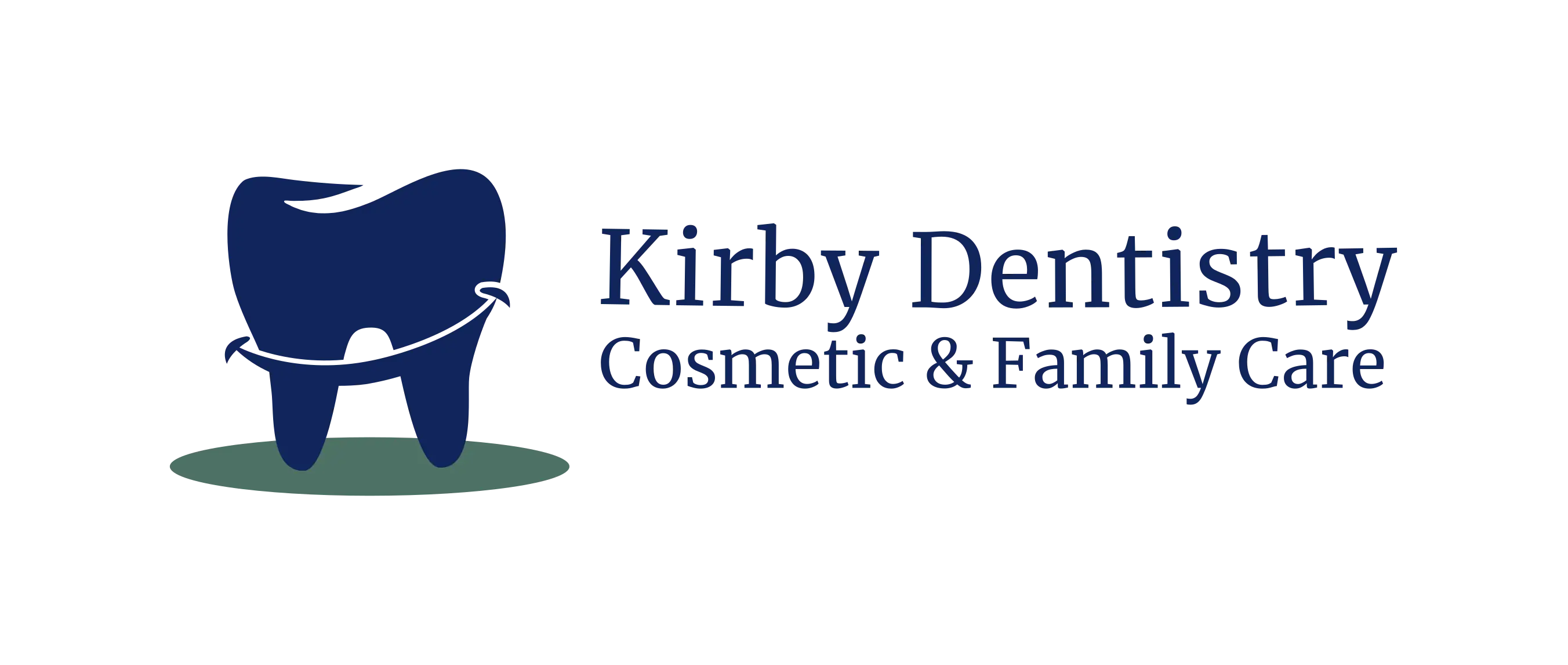Dental extractions may be necessary for various reasons, such as tooth decay, gum disease, or overcrowding. While the thought of having a tooth pulled can be intimidating, it is often a straightforward and relatively painless procedure.
Types of Dental Extractions
When it comes to dental extractions, there are different types that may be recommended depending on your specific situation. Here are various extraction methods in more detail:
- Simple Extraction: This is the most common type of dental extraction and is typically performed when a tooth can be easily seen and accessed in the mouth. The dentist will use a tool called an elevator to loosen the tooth before using forceps to remove it.
- Surgical Extraction: In some cases, a surgical extraction may be necessary. This procedure is usually performed for teeth that are impacted or haven't fully emerged from the gum line. It involves making a small incision in the gum tissue to access and remove the tooth.
- Wisdom Teeth Extraction: Wisdom teeth, also known as third molars, often need to be extracted due to their tendency to become impacted or cause other oral health issues like crowding or pain. Wisdom teeth extractions may require surgical intervention if they are deeply embedded in the jawbone.
- Orthodontic Extractions: Sometimes, orthodontic treatment necessitates extracting one or more teeth to make space for proper alignment of remaining teeth during braces treatment.
- Baby Tooth Extraction: When baby teeth don't fall out naturally or interfere with permanent tooth eruption, they may need to be extracted by a dentist.
Remember, each individual case is unique, so our dentist will determine which type of dental extraction is best suited for you after evaluating your oral health condition thoroughly.
Post-Extraction Care and Recovery
After a dental extraction, taking proper care of your mouth is crucial to ensure smooth healing and minimize complications. Here are some tips for post-extraction care and recovery.
- Control the bleeding: Bite down gently on a clean gauze pad placed over the extraction site to help control any bleeding. Replace the gauze as needed until the bleeding stops.
- Manage pain and swelling: Take prescribed pain medications as directed or use over-the-counter pain relievers to alleviate discomfort. Applying an ice pack on the outside of your cheek can also help reduce swelling.
- Avoid strenuous activities: Rest is important during recovery, so refrain from engaging in intense physical activities that may cause bleeding or hinder healing.
- Eat soft foods: Stick with a diet of soft foods for at least 24 hours following the extraction. Opt for mashed potatoes, yogurt, soup, or smoothies to avoid putting pressure on the extraction site.
- Maintain oral hygiene: Continue brushing your teeth, but avoid disturbing the extraction area while doing so. Rinse your mouth gently with warm salt water several times a day to keep it clean and promote healing.
- Follow post-operative instructions: Our dentist will provide specific instructions based on your situation, such as when to remove stitches or schedule follow-up visits. Adhere closely to these guidelines for optimal recovery.
Remember that every individual's healing process may vary slightly, so if you experience excessive bleeding, severe pain, prolonged swelling, or any other concerning symptoms after an extraction, contact our dentist immediately for further guidance.
If you need to get your tooth extracted, contact Kirby Dentistry at 45 W Crossville Rd Suite 505, Roswell 30075, or call (770) 993-7424 to learn more or to schedule a consultation.
